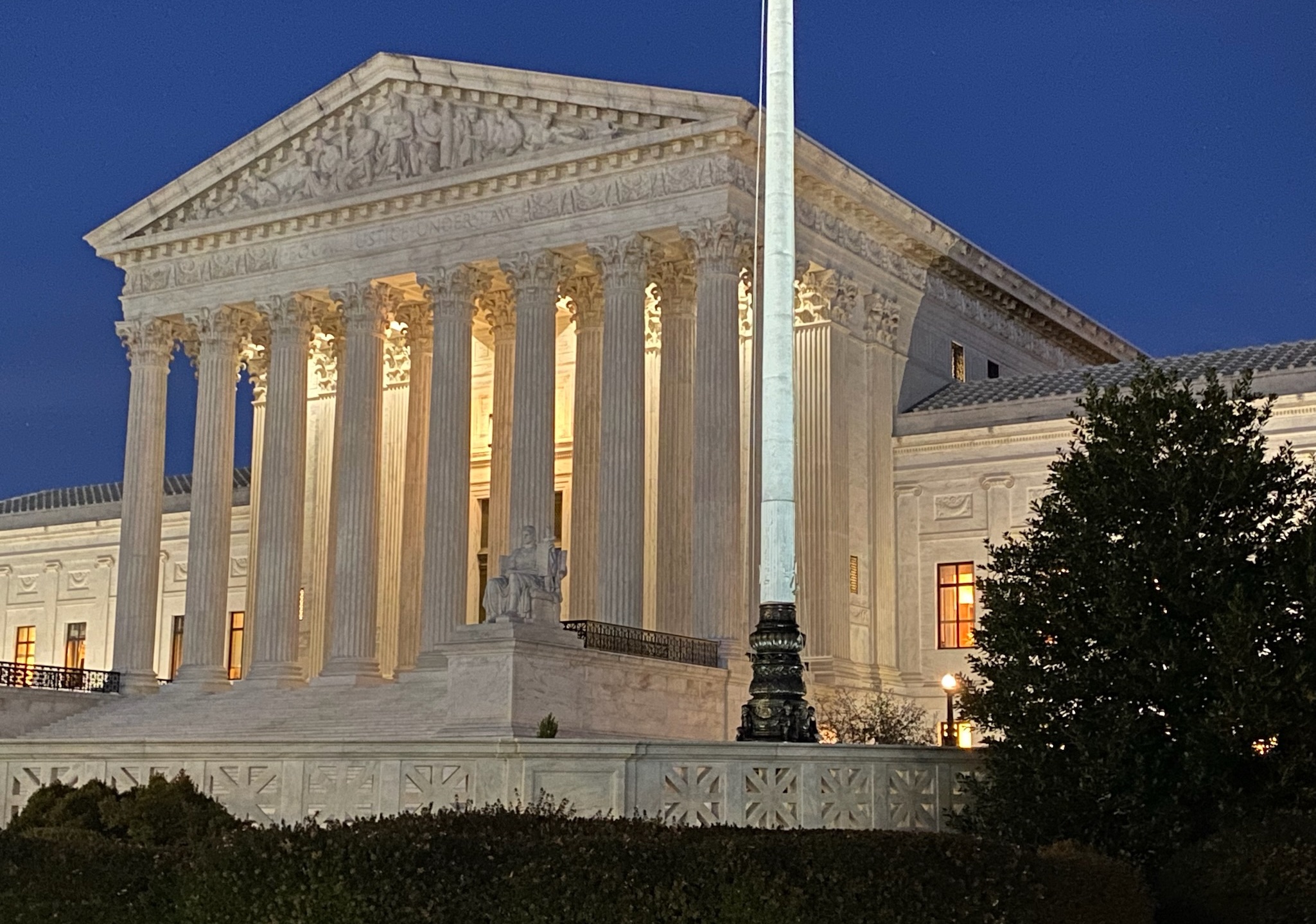Court allows West Virginia transgender girl to continue to participate in girls’ sports


The Supreme Court on Thursday cleared the way for a 12-year-old transgender girl to continue to participate, at least for now, on a middle-school girls’ track team. In a brief unsigned order, the justices denied West Virginia’s request to be allowed to enforce a law that bars transgender girls from playing on girls’ sports teams in public secondary schools and colleges while a challenge to the law continues in the lower courts.
Calling the issue in the case “an important” one that the justices are “likely to be required to address in the near future,” Justice Samuel Alito dissented from Thursday’s order, in a two-page opinion joined by Justice Clarence Thomas. Alito complained that a federal court of appeals had not provided any explanation for its order barring enforcement of the law – a criticism often leveled at the Supreme Court’s own rulings on its emergency docket.
The West Virginia legislature passed H.B. 3293, the law at the center of the case, in April 2021. Shortly after that, a transgender girl known in court filings only as B.P.J. went to federal court to challenge the law. She argued that – at least as applied to her – the law violates the Constitution’s guarantee of equal protection under the law by singling out transgender girls for exclusion from girls’ sports teams. She also contended that the law violates federal civil rights laws barring sex discrimination in educational institutions that receive federal funding.
In July 2021, U.S. District Judge Joseph Goodwin temporarily blocked the state from enforcing the law against B.P.J., allowing her to compete on the middle school girls’ cross-country and track teams while the litigation continued. But in January of this year, Goodwin ruled for the state and the other defendants. And he rejected B.P.J.’s request to stay his ruling and allow her to continue to compete while she appealed.
B.P.J. then went to the U.S. Court of Appeals for the 4th Circuit, which – by a vote of 2-1 – put Goodwin’s order on hold. That prompted the state to come to the Supreme Court on March 9, asking the justices to block the 4th Circuit’s order and allow the state to enforce the law against B.P.J. The state characterized the bill as a response to increasing numbers of transgender female athletes competing in, and dominating, “women’s sports events across the country.” “Biological differences between males and females matter in sports,” West Virginia Solicitor General Lindsay See wrote, and both the Constitution and federal law “allow that judgment.”
The state also complained that the majority had failed to “provide any legal or factual reasoning for its decision,” instead entering only a “one-sentence notice” that allowed B.P.J. to continue to participate on the cross-country and track teams. That “lack of analysis is the first tell that something is amiss,” the state wrote, “as federal courts should not enjoin democratically passed legislation without at least providing a rationale.”
Represented by her mother, Heather Jackson, B.P.J. urged the justices to deny the state’s request for emergency relief, emphasizing that there is no emergency at all. The state did not appeal Goodwin’s July 2021 ruling that allowed B.P.J. to compete on the girls’ team, Jackson observed, and it has not identified any problems from her participation in girls’ cross-country and track since then. To the contrary, Jackson said, B.P.J. has never been happier, and her “teammates and coaches have welcomed her participation.” And B.P.J. has not “dominated” races, Jackson added, as “she consistently finishes in the back of the pack.”
Jackson rejected the state’s suggestion that the Supreme Court should step in because the 4th Circuit’s order allowing B.P.J. to continue to participate on the girls’ track team is an “unreasoned” “rush-job.” Courts – including the Supreme Court – routinely grant or deny emergency relief without issuing an opinion that explains the rationale for their decision, Jackson noted.
The state is also not entitled to emergency relief, Jackson wrote, because it is not likely to prevail on the very narrow question in this case, which is whether the law can be applied to B.P.J., who has “‘consistently and persistently’ identified as a girl,” and who has received treatment so that she will not go through endogenous puberty – that is, puberty driven by hormones produced in an adolescent’s body.
Over two weeks passed before the court acted on the state’s request in a terse one-sentence order. In his dissent, Alito indicated that he would have allowed the state to enforce the law. He acknowledge that the state had allowed Goodwin’s July 2021 order “to go unchallenged for nearly 18 months before seeking emergency relief from a second, identical injunction. And it is a wise rule in general,” Alito added, “that a litigant whose claim of urgency is belied by its own conduct should not expect discretionary emergency relief from a court.”
But, Alito continued, in this case, when the divided 4th Circuit blocked a state law “on an important subject without a word of explanation,” after Goodwin had ruled in favor of the state “on a fact-intensive record,” West Virginia “is entitled to relief.”
This article was originally published at Howe on the Court.
Posted in Emergency appeals and applications
Cases: West Virginia v. B.P.J., West Virginia v. B.P.J.
